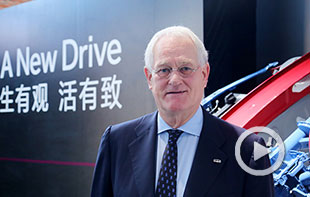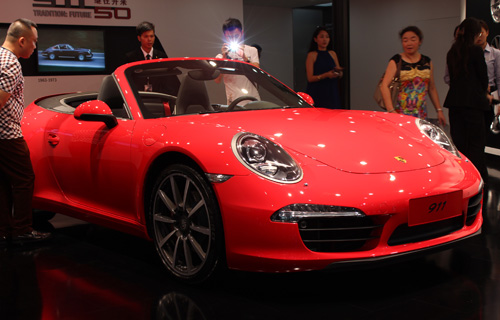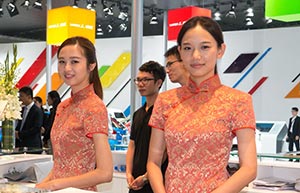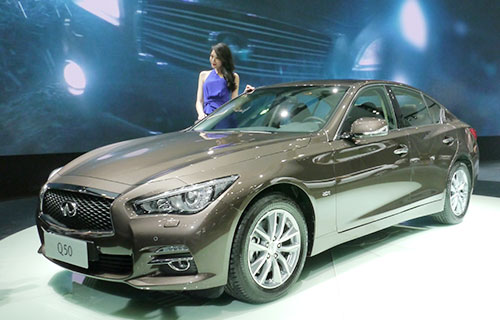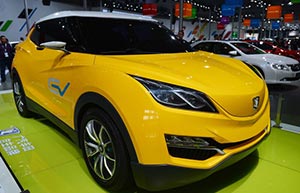Automakers look to drive sales overseas
Updated: 2013-09-03 08:40Not all is bad news, however. The best and largest Chinese automakers such as SAIC, Great Wall, BYD Auto Co Ltd, Geely and Chery have a shot at developing better cars and better networks, said Zhang Junyi of the strategy consultancy Roland Berger. Some of them are moving in this direction.
In October 2012, Geely started producing cars out of new assembly lines in Egypt and Uruguay, which supplement existing assembly lines in Russia and Indonesia.
In April, Great Wall Motors showed off five SUV models during the Bangkok International Motor Show. The fancy-looking cars with winged doors that open upwards were intended to generate interest in the manufacturer.
Great Wall has announced plans to build a $340 million plant in Thailand to produce 100,000 units for markets across Southeast Asia. In 2012, the company opened a new factory in Bulgaria.
Chang'an Automobile Group is building a new plant in Paraguay.
Chery has been among the fastest when it comes to international expansion. The company has 16 manufacturing bases outside China and a sales network of 1,153 dealers.
As the famously affordable South Korean brands such as Hyundai Motor Co move up the value chain, Chinese automakers are finding a wedge with which to enter a host of markets. And, best of all, competition in many developing economies is less intense than in China because global automakers are often less interested and there are fewer domestic options.
In markets across Asia, Chinese automakers may have yet another wedge when free trade takes effect and starts paying dividends, said Zhang from Roland Berger.
For Chinese car manufacturers looking for hospitable new markets in which to expand market share, Indonesia is a good example of a natural destination with good growth prospects. But with carmakers from Japan, the US and Europe all thinking along the same lines, gaining market share there will not be easy.
To be truly competitive, they will need to set up distribution and service networks. Relying on distributors to just sell their cars with little after-sales service will not cut it for long.
Zhang takes it a step further. He said that to be truly competitive, Chinese automakers will need to develop their own cars from scratch. Simply acquiring platforms or copying features from international brands will not cut it for long.
"Chinese cars can be a good replacement for Japanese cars but they still need to improve their performance,"said Zhang.


